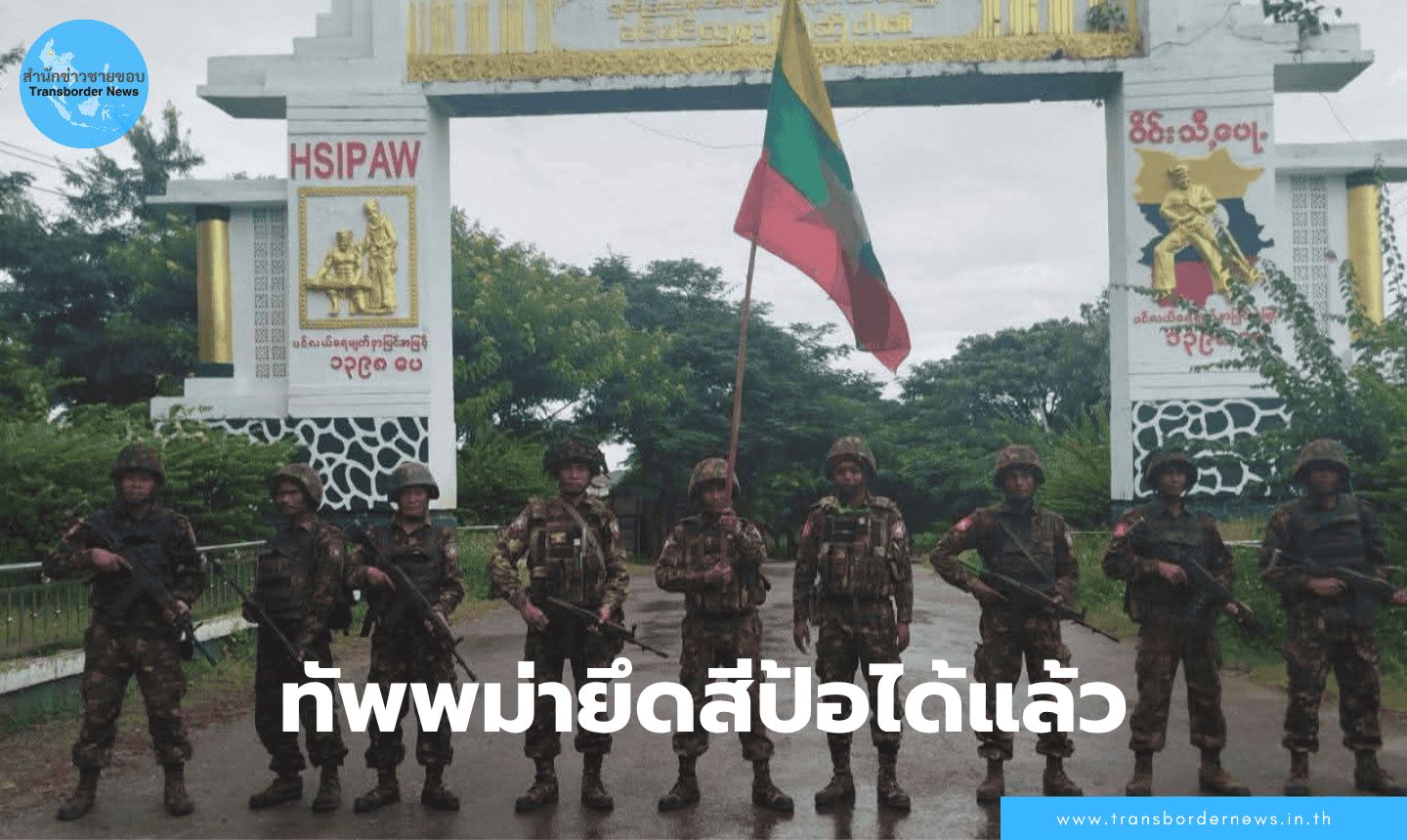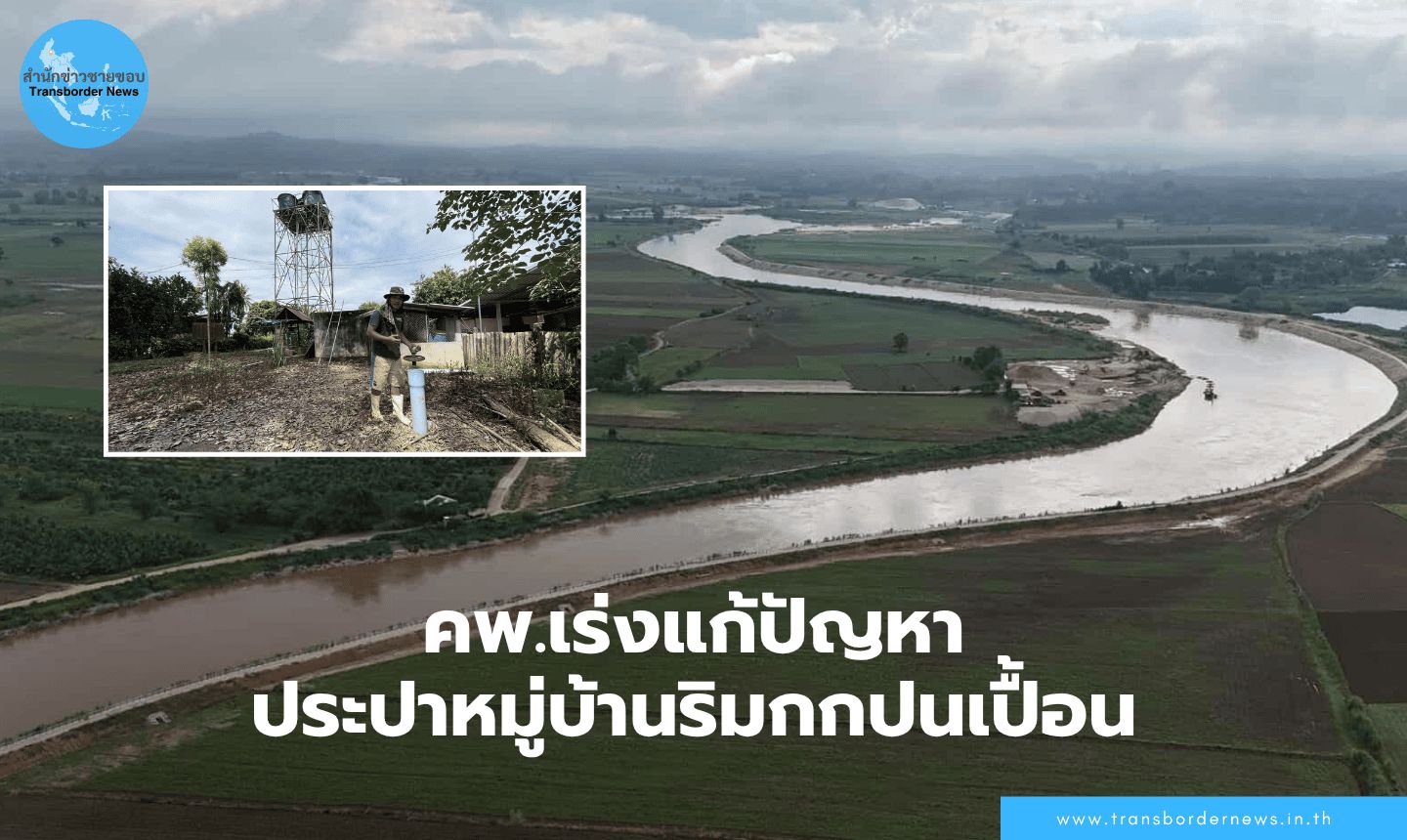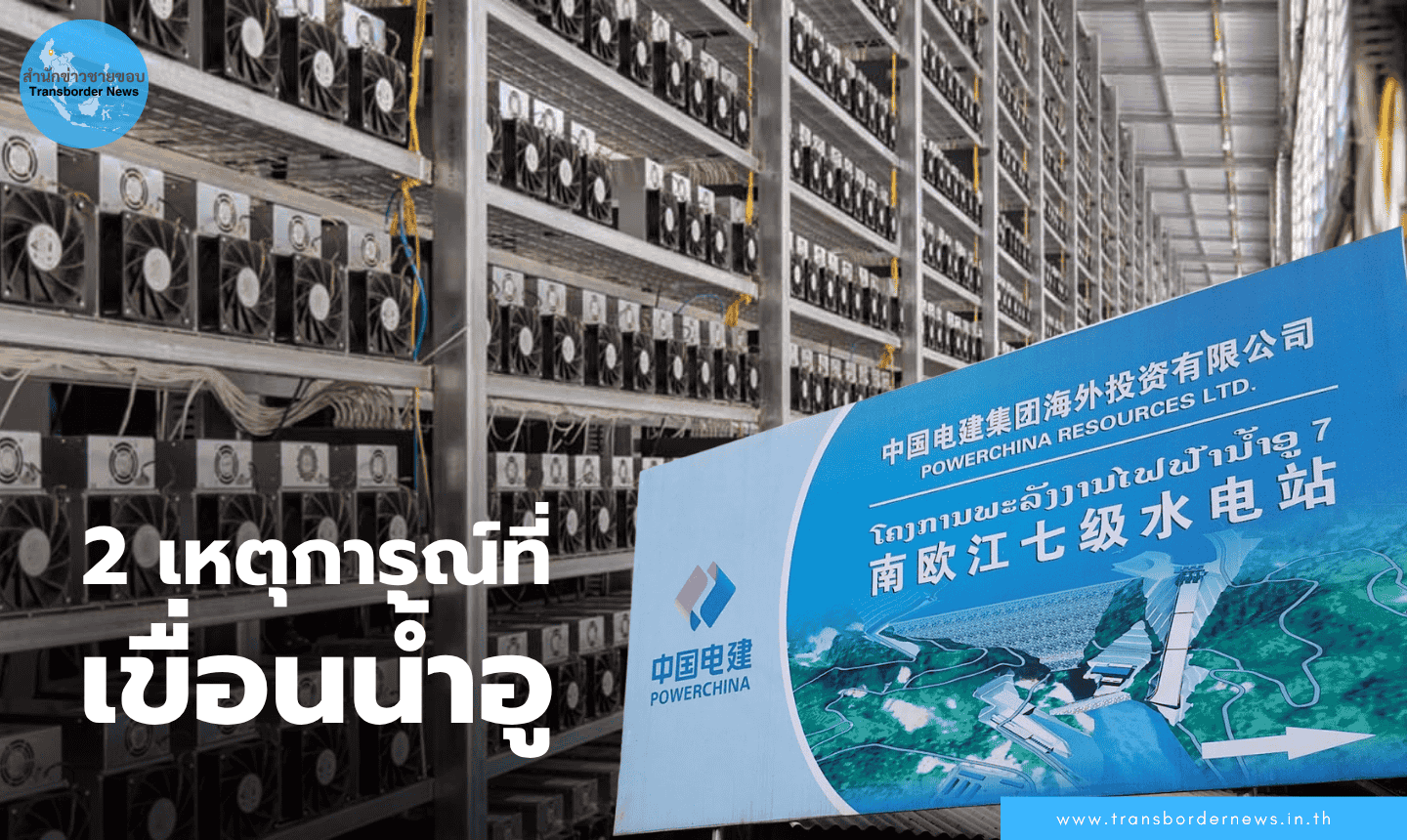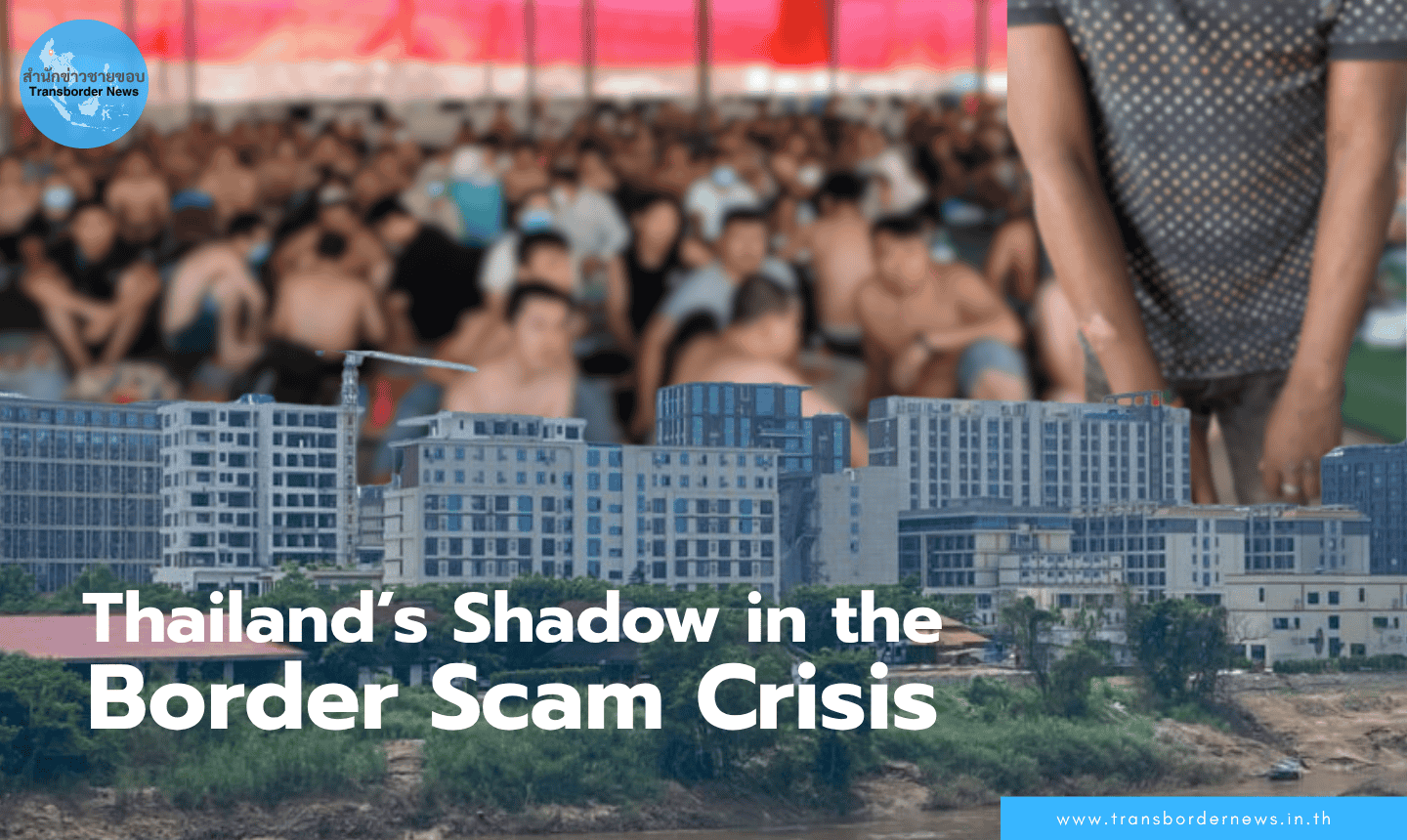By Paskorn Jumlongrach
As we condemn the Karen Border Guard Force (BGF) and the Democratic Karen Benevolent Army (DKBA) for protecting sprawling criminal empires along the Moei River—where thousands of scam victims from around the world have been trafficked, detained, and forced to work in online fraud compounds opposite Mae Sot and Phop Phra Districts in Tak Province—perhaps it’s time we also look in the mirror.
For years, Thai authorities have allowed transnational scam networks to use Thai soil as a staging ground. Only after the global scandal involving the Chinese actor “Wang Xing” did the Thai government finally appear serious, announcing the so-called “three cuts” measures—cutting off electricity, internet, and fuel supply—along with plans to issue an arrest warrant for Chit Thu, the BGF leader. But in truth, these were mostly symbolic moves to appease public outrage.
Seven months have passed since then. The once-celebrated “three cuts” policy has lost its shine, and calls to review it are growing louder.
In reality, the measures have done little to disrupt the criminal operations along the Moei River. Chinese mafia networks continue to move scam victims back into the same compounds as before, while the “three cuts” have ironically become a new source of profit for those trafficking fuel illegally from Thailand to sell to the DKBA, who then resell it at inflated prices to other armed groups in Myanmar.
Unsurprisingly, certain influential figures on the Thai side—benefit handsomely, greasing the palms of familiar officials to keep the trade flowing.
So before we point fingers at our neighbors for harboring crime syndicates—or take satisfaction in headlines about South Korea cracking down on Cambodia after Korean citizens were killed in scam compounds—we should pause to recognize that Thailand, too, is deeply entangled in this web of organized crime.
Have we ever asked why, in raids on scam centers, there are rarely any Thai nationals—either as victims or perpetrators? Even in a recent case where 16 Thais reportedly sought help from a compound under BGF control, the truth is that only one of them wanted to leave due to dissatisfaction with working conditions. When that person complained, the entire group’s names were submitted together, and all were repatriated—leading to a shouting match among themselves at the Mae Sot police station.
The uncomfortable reality is that many young Thais are also profiting from these illegal businesses—drawn by the lure of “getting rich fast” regardless of the cost.
From Laukkai in northern Shan State, to the Kings Romans special economic zone on the Lao border, to Myawaddy and even Cambodia, young Thais have found work within these criminal economies—yet recruitment and trafficking networks remain largely untouched by Thai law enforcement.
Meanwhile, countless foreign victims—tricked into thinking they were coming to work in Thailand—end up trafficked across our borders to these compounds. Thailand has become the corridor of crime through which people are funneled into modern-day slavery.
Authorities know this all too well. Many victims, in their testimonies to Thailand’s National Referral Mechanism (NRM) for trafficking victims, have clearly described who met them at Suvarnabhumi Airport, how they crossed checkpoints, where they were housed, and how they were smuggled across the border. Yet this information has rarely led to meaningful investigation or prosecution—allowing these networks to thrive.
There was even a Malaysian police officer who was himself deceived by a scam syndicate and brought to the Thai-Myanmar border. Realizing just in time what was happening, he escaped before being forced across the river. Furious, he offered to expose the network—but no Thai agency took interest. He returned home disillusioned by Thai policing.
Similarly, many foreign victims who chose to stay in the NRM process—hoping their testimonies would help expose trafficking syndicates—were ultimately disappointed. Instead of seeing justice, they encountered the inertia of “the Thai system,” and left the country in silence, their hope for accountability crushed.
Today, Chinese mafia figures continue to move freely between Myawaddy and Mae Sot. Despite heightened scrutiny, bribes and protection payments keep the gates open. Victims are now being smuggled from chaos-ridden Cambodia through Thailand and across the Moei River into Myawaddy compounds as easily as ever.
Certain hotels and guesthouses continue to profit by registering fake tourists. A well-connected politician’s “language schools” still issue fake student visas to keep Chinese nationals legally present in Thailand. Along the border, new walls and fences rise—not to stop crime, but to conceal it.
As we condemn our neighbors for harboring criminal hubs, we must confront an uncomfortable truth: Thailand, too, bears shades of complicity. The money, bribes, and “protection fees” flowing from these scam zones reach deep into the country’s power structures.
Unless the Thai government seriously dismantles this criminal ecosystem—and society demands accountability—we risk being named co-defendants in one of the largest transnational crimes of our time: the mass enslavement and deception of people from around the world, right in our own backyard.
This is a translation of original Thai article https://transbordernews.in.th/home/?p=44156
transbordernews.in.th





